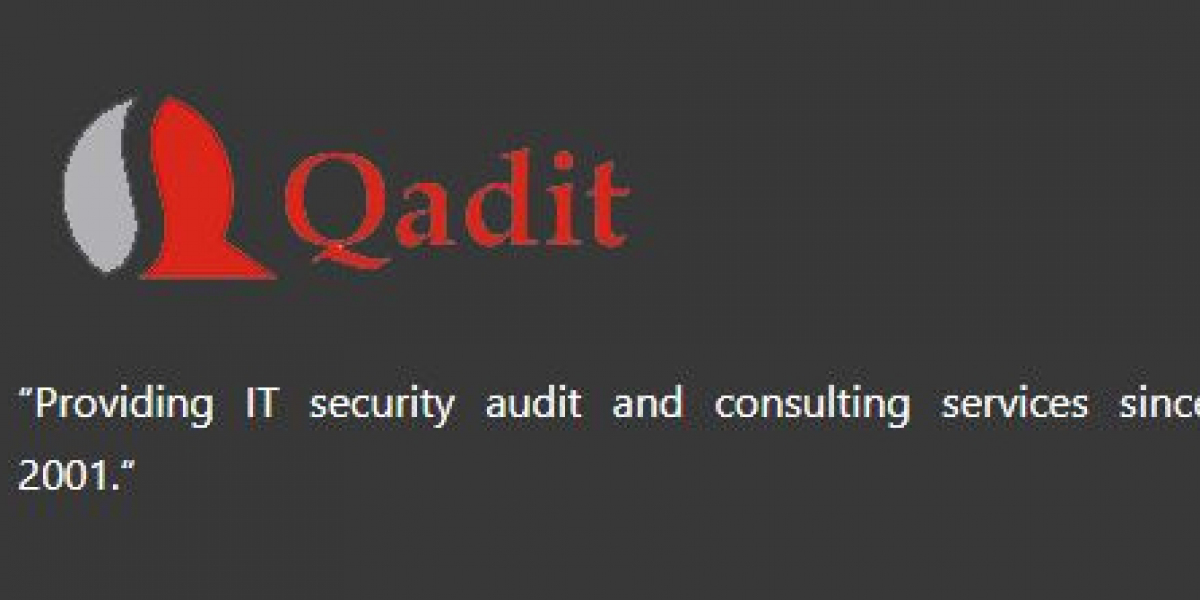Introduction
For musicians aiming to get their work featured in film, TV, or commercials, music supervisors are crucial gatekeepers. They’re responsible for selecting, licensing, and syncing music to visual media, playing a vital role in shaping the emotional tone of a film or show. To increase your chances of placement,how to get your music in movies, it’s essential to understand their role, priorities, and how to effectively pitch your music. This article will guide you through the best practices for connecting with and impressing music supervisors.
1. Who Are Music Supervisors, and What Do They Do?
Music supervisors handle the process of finding and licensing the perfect tracks for various media projects.
- Project Managers for Soundtracks: They collaborate with directors, producers, and editors to create a cohesive audio experience that aligns with the visual elements.
- Budget Management: Supervisors work within specific budgets and negotiate music licensing costs, balancing the creative needs with financial limitations.
- Rights Clearance: Supervisors ensure all necessary permissions are obtained for both the master recording and composition rights, minimizing legal risks for the production.
Understanding the scope of their responsibilities can help you frame your pitches in a way that addresses their unique challenges and needs.
2. Priorities and Challenges Faced by Music Supervisors
To impress a music supervisor, you must first understand their pressures and priorities.
- Creative Alignment with the Project: The music must fit the director’s vision, as well as enhance the scene’s mood, setting, or emotion.
- Budget Constraints: Supervisors are often limited by tight budgets and look for high-quality tracks that won’t break the bank.
- Licensing Simplicity: Tracks that are easy to license, with clear ownership and no legal complications, are highly preferred.
Knowing these challenges allows you to present your music in a way that addresses their concerns, making your work an attractive option.
3. Researching the Right Supervisors for Your Genre
Music supervisors often specialize in certain types of projects, such as indie films, commercials, or television.
- Find Projects in Your Genre: If your music fits well with indie dramas or upbeat commercials, research supervisors known for these types of projects.
- Look at Past Placements: Examine a supervisor’s previous placements to gauge their taste and preferences. This can help you identify who might resonate with your style.
- Network Through Industry Events: Conferences and festivals like Sync Summit, Film Festivals, and Music Expo are good venues to meet supervisors.
Tailoring your outreach to supervisors who work in your genre increases the likelihood that your music will resonate with their specific needs.
4. Create Sync-Ready Tracks to Meet Supervisor Expectations
Music supervisors favor tracks that are polished, high-quality, and ready for placement.
- Professional Production Quality: Tracks should be professionally mixed and mastered to ensure they meet industry standards.
- Multiple Versions of Each Track: Supervisors appreciate instrumental versions and shorter edits that allow for flexibility within scenes.
- Versatile and Emotionally Evocative Tracks: Tracks that convey clear emotions (like suspense, joy, or nostalgia) are particularly appealing for film placements.
Delivering sync-ready music not only simplifies the supervisor’s work but also showcases your professionalism and understanding of the industry.
5. Make Your Music Easy to License and Clear of Legal Complications
Music supervisors need tracks with straightforward, transparent licensing terms.
- Hold All Necessary Rights: Ensure you own or control both the master and sync rights for any music you submit.
- Avoid Complicated Collaborations: If your track has multiple contributors, make sure all rights are clearly assigned to avoid legal issues.
- Register with a PRO: Register your music with a Performing Rights Organization (PRO) so that supervisors can easily verify your work’s ownership.
Providing tracks that are easy to license reduces friction in the supervisor’s workflow, making your music a more appealing choice.
6. Craft a Professional, Personalized Pitch
When reaching out to a music supervisor, your pitch should be brief, specific, and respectful of their time.
- Personalize Each Pitch: Mention the specific supervisor’s work or the project you’re pitching for to show you’ve done your homework.
- Include Relevant, Sync-Ready Tracks: Only send music that fits the project you’re pitching for; avoid overwhelming them with unrelated work.
- Respect Their Time: Keep your pitch concise, focusing on the qualities of your music that align with their needs.
A well-thought-out pitch demonstrates professionalism and increases the chances of your music being seriously considered.
7. Develop Relationships Through Consistent, Respectful Follow-Up
A single outreach attempt may not yield immediate results. Developing a professional relationship with a music supervisor often requires patience.
- Send Occasional Updates: Periodically share new music or achievements that might be relevant, without overwhelming them.
- Respect Their Space and Feedback: If a supervisor offers feedback or doesn’t reply immediately, give them space before following up again.
- Congratulate Them on Projects: If you see a supervisor’s work featured in a new project, congratulate them to build rapport without pressuring them for placement.
Maintaining respectful, friendly communication keeps you on their radar while building a positive professional relationship.
8. Showcase Your Unique Style and Branding
Music supervisors are always on the lookout for fresh sounds, so it’s essential to highlight what makes your music distinct.
- Emphasize Unique Qualities: If your music has a specific element or genre fusion, make it a central part of your branding.
- Create a Professional Online Presence: An updated website with clear contact information and an easy-to-navigate portfolio shows that you take your work seriously.
- Use Social Media to Display Your Sound: Share snippets of your music, past syncs, or collaborations to showcase your style.
Standing out with a unique and consistent brand helps music supervisors see where your music could fit within their projects.
9. Understand Timing in the Film Production Process
Reaching out at the right time can be critical in securing a sync placement.
- Pre-Production and Production Phases: Supervisors may start considering music options early on, so this is a good time to introduce your work.
- Post-Production: This is when the final music decisions are made. Following up with supervisors you’ve connected with previously can be strategic.
- Release Deadlines and Seasons: Supervisors often work with tight deadlines close to release dates, especially during award seasons, so approach timing with consideration.
Aligning your outreach with the project’s timeline can make your music more relevant and timely for a supervisor’s needs.
10. Be Patient and Persistent
The path to a successful sync placement is often lengthy, and results may not come immediately.
- Build a Portfolio Over Time: Even if you don’t land a placement right away, continue developing a portfolio that demonstrates your sync potential.
- Keep Pitching and Networking: Consistent effort and patience can pay off, as many supervisors work on multiple projects over time.
- Stay Open to Smaller Projects: Sometimes, smaller indie films or student projects can lead to bigger opportunities in the future.
Persistence and resilience in the face of slow results will ultimately help you succeed in the film sync industry.
Conclusion
Impressing music supervisors requires a deep understanding of their role, challenges, and project-specific needs. By creating sync-ready tracks, building genuine relationships, and presenting yourself professionally, you can make a lasting impact on music supervisors and increase your chances of getting your music in film. As you continue networking, honing your sound, and refining your pitch, your persistence and effort will pave the way toward a successful career in sync licensing.









